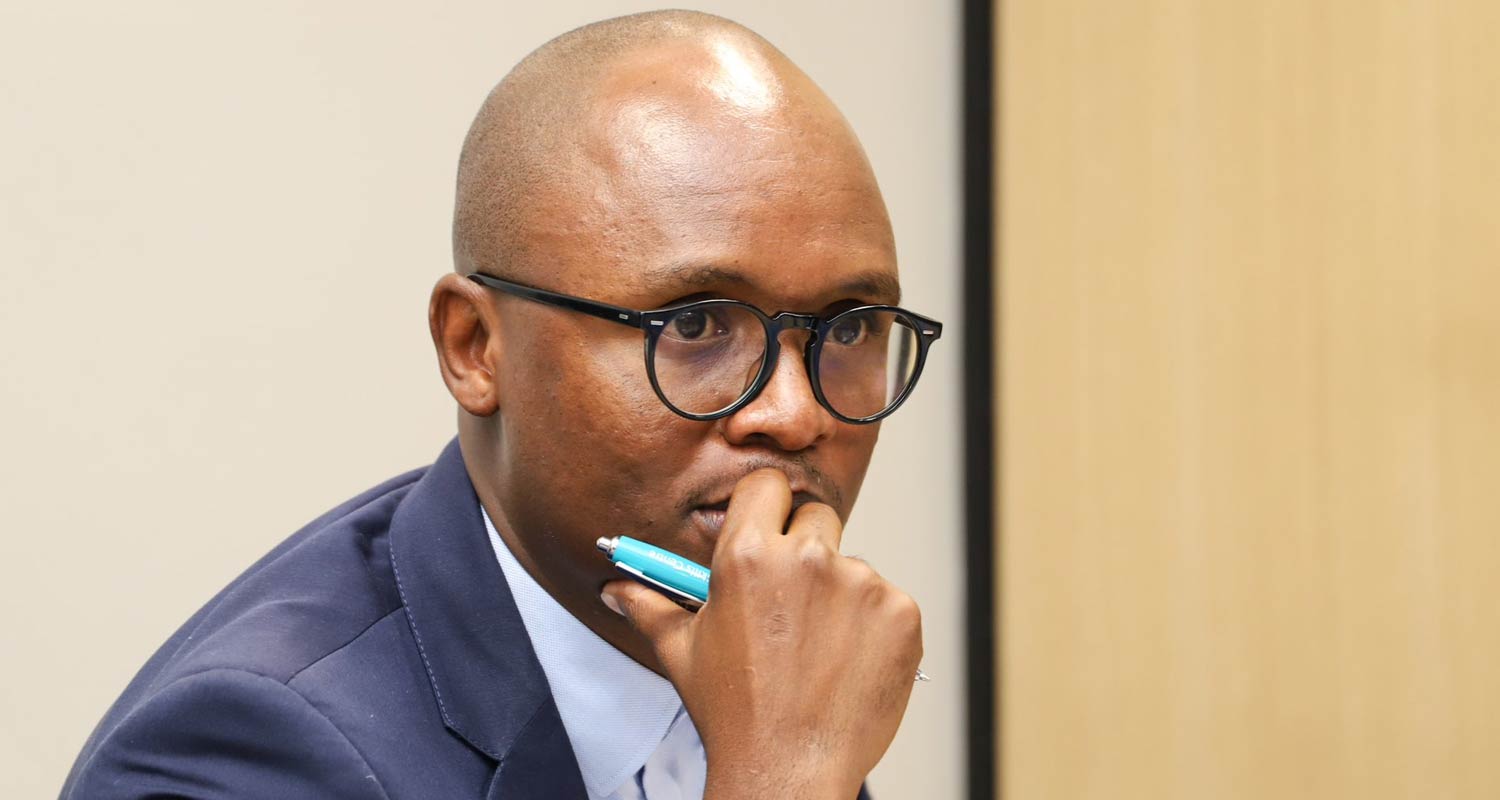Business rescue practitioners Anoosh Rooplal and Juanita Damons, who have been tasked with saving the embattled South African Post Office, are mum on the way forward for the organisation following national treasury’s rejection of a R3.8-billion bailout for the failed state-owned enterprise.
In his medium-term budget policy statement last week, finance minister Enoch Godongwana made no mention of how the public purse will help the Post Office avoid liquidation, and in a press briefing prior to his speech he described the company’s predicament as a problem for the department of communications & digital technologies to solve.
Rooplal and Damons have not responded since Thursday to repeated attempts by TechCentral to get comment regarding the developments.
“They told us D-day for the Post Office is today. But there’s no money in the adjustment as we speak. We are hoping that the department of communications & digital technologies will find ways of reorganising and reprioritising their budget to deal with that question,” said Godongwana.
Rooplal and Damons in September told parliament that the Post Office would face liquidation should a R3.8-billion bailout not be received by November, threating the closure of 627 remaining branches and the loss of 6 000 jobs. Over the past decade, the Post Office has cost the fiscus more than R12-billion in bailouts.
National treasury is now attempting to rein in public spending to maximise an already constrained budget. Treasury intends to stabilise the national debt to GDP ratio at 75% in the 2025/2026 financial year. Part of its plan to control public spending, said Godongwana, is for government to remain committed to the principle of not bailing out SOEs, which have drained the public purse of well over R500-billion since 2009.
Ball in Malatsi’s court
With treasury washing its hands of the matter, it is now up to the communications department to find a way to rescue the Post Office. Last month, minister Solly Malatsi said he was exploring “privatisation scenarios” that would bring in much-needed funding but also inject some private sector expertise into the company’s operations. The details of how such partnerships with the private sector might work are yet to be divulged, but at the time he made the comments, Malatsi hoped treasury would at least rescue the Post Office one last time.
Read: Malatsi to seek end to Post Office monopoly
“It’s clear that any allocation of previously committed funds to the Post Office will be based on a revised business plan by the business rescue practitioners that meets treasury’s expectations. In addition, we will work to ensure that there is accountability for the failure to meet previous conditions that were imposed for the financial support the Post Office received from the fiscus,” said Malatsi.
The minister cited the Post Office’s “unique position” to integrate with other state entities and the ability to provide affordable postal, courier and digital services to otherwise excluded or underserved communities as reasons for saving it.

His calls have been echoed outside government, too. E-commerce pioneer and founder of online shopping platform Zulzi, Donald Valoyi, told the TechCentral Show in September that the Post Office is key to driving inclusive e-commerce growth as online retail expands in South Africa.
Postal services have been key to driving down delivery costs for e-commerce giants such as Amazon in markets such as the UK and the US. However, this has not been possible in South Africa due to the dysfunction at the Post Office.
Godongwana described national treasury’s new hands-off approach to the Post Office and other state-owned entities as “tough love”.
“There is an opportunity cost when you keep putting money into underperforming SOEs, because you end up underfunding something else,” he said. — (c) 2024 NewsCentral Media
Get breaking news from TechCentral on WhatsApp. Sign up here





